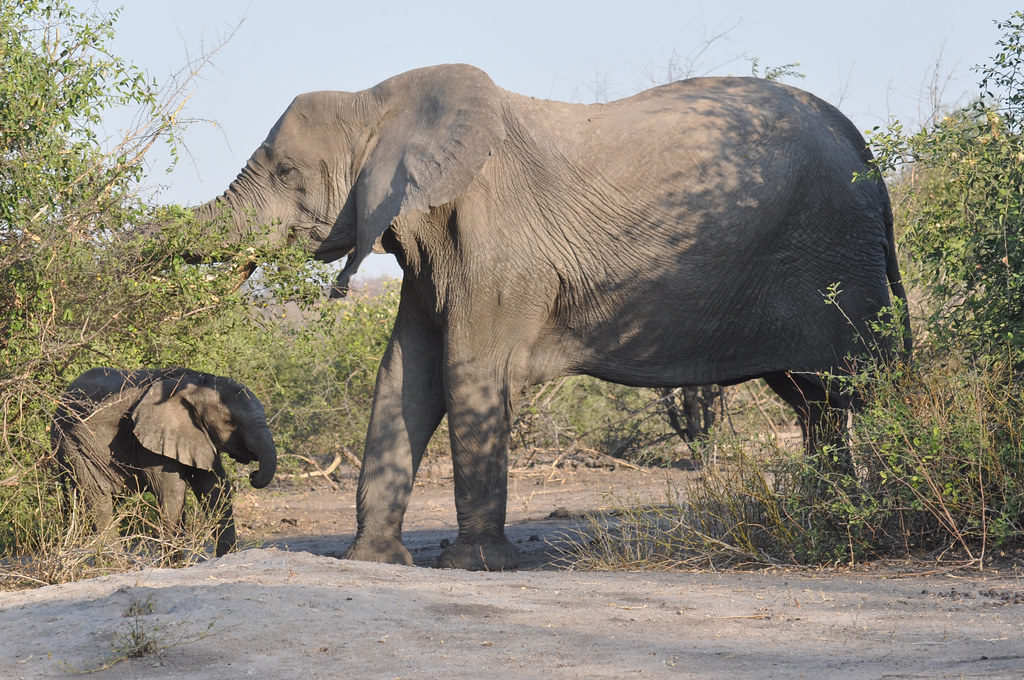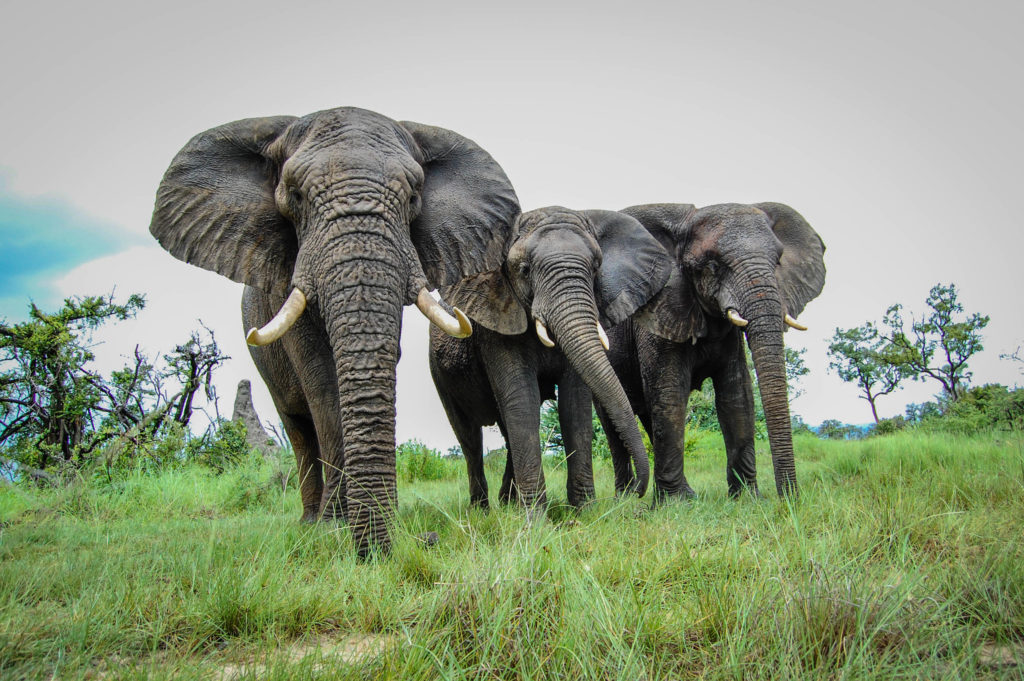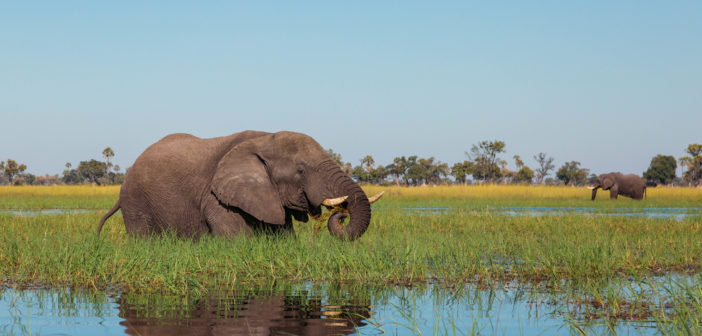Written by Don Pinnock
As the Botswana government rumbles towards lifting the ban on hunting its famous wildlife, an authoritative poll in the United States, the country from which the second greatest number of foreign tourists come to Botswana, has found overwhelming public disapproval of the plan.
The poll to protect elephants
The US poll was conducted by the Remington Research Group for Humane Society International (HSI). Three in four respondents considered it important to protect elephants from trophy hunting, 78% did not support the proposed culling and 73% believed that if trophy hunting and elephants culls were started, Botswana’s image as a leader in wildlife conservation would be harmed.
The poll follows a Botswana cabinet committee recommendation in February to lift the country’s hunting ban and start culling ‘surplus’ elephants, despite the country’s known transboundary elephant population.
The tourism industry and communities benefiting from photographic tourism have yet to be consulted, despite claims of extensive consultation. Tourism operators are expecting to be consulted.
There’s more to it than meets the eye
However, it seems that the decision has already been made, as at a meeting in the capital city of Gabarone, Botswana’s Minister of Environment and Natural Resources, Conservation and Tourism, Kitso Mokaila, insisted that his country would go ahead with its decision on hunting.
Mokaila stated, “We will not back off and change our minds in terms of what we are going to do. As HATAB (Hospitality and Tourism Association of Botswana), you must remember where your bread is buttered and support us.”
Botswana banned trophy hunting in 2014. After the ban went into effect, the country became an increasingly popular tourist destination for travelers who want to support ecotourism and protection of the country’s iconic wildlife.

An adult and baby elephant in Botswana. Elephants may be legally hunted and culled in Botswana if the ban is lifted as planned. Image credit John Karwoski, CC BY-SA 3.0.
In 2018, travel and tourism in Botswana experienced 3.4% growth, contributing 2.52 billion US dollars, or 13.4% to the country’s economy, and supporting 84,000 jobs, or 8.9% of the country’s total employment. Three quarters of tourism spending came from international travelers.
According to HSI, “with tourism now the second largest contributor to the country’s Gross Domestic Product and a significant employer, reinstating trophy hunting and starting elephant culls could hurt the country’s economy.”
In conjunction with the release of the poll results, more than 87,000 people worldwide signed HSI’s petition to Botswana President Masisi, asking him to keep the trophy hunting ban in place and to reject plans to cull the country’s elephants.
HSI also spearheaded a group letter from 33 animal welfare and wildlife conservation organizations from around the world with similar appeals, acknowledging human-wildlife conflict but citing non-lethal mitigation strategies as being far more effective in the long-term.
“Millions of foreign tourists travel to Botswana to shoot majestic wild animals, not with guns, but with their cameras,” said Iris Ho, HSI’s specialist for wildlife programs and policy. “Wildlife watching and photographic tourism is on the rise around the world, eclipsing the revenue from trophy hunting and the number of trophy hunters by a wide margin.”
“The current ban on trophy hunting is a win-win policy for Botswana’s economy, for the local community and for the animals. There cannot be a more drastic shift for a country known as a safe haven for elephants to become an elephant canning factory for pet food. With the poaching of elephants on the rise across Africa, legalized hunting and culling would be a severe blow to Africa’s rapidly declining elephant population.”

Elephants in Botswana. The country has been known for its anti-hunting stance in recent years, but this may be changing soon. Image credit Jeremy T. Hetzel, CC BY-SA 3.0.
The Ngamiland Council of Non-Governmental Organisations (NCONGO) countered this view. It sent a letter to Masisi in support of hunting, saying it would boost tourism.
“The re-introduction of hunting,” it said, “will go a long way in alleviating rural poverty by re-introducing tourism benefits lost in 2014 when the hunting moratorium was initiated.”
It added that “as communities, we do not take kindly to those who are attacking our government and initiatives meant to re-introduce hunting and uplift our livelihoods and reduce human-wildlife conflicts in our local areas.” The letter did not provide data to support its claims.
Surveys show that many visitors choose Botswana as their safari destination specifically because of its firm anti-hunting stance. Leading tour operators have stated that the proposal goes against everything the country stands for and its implementation would be regressive and harmful.
Featured image: Elephants in the Okavango Delta, Botswana. Image credit Michael Levine-Clark, CC BY-SA 3.0.





